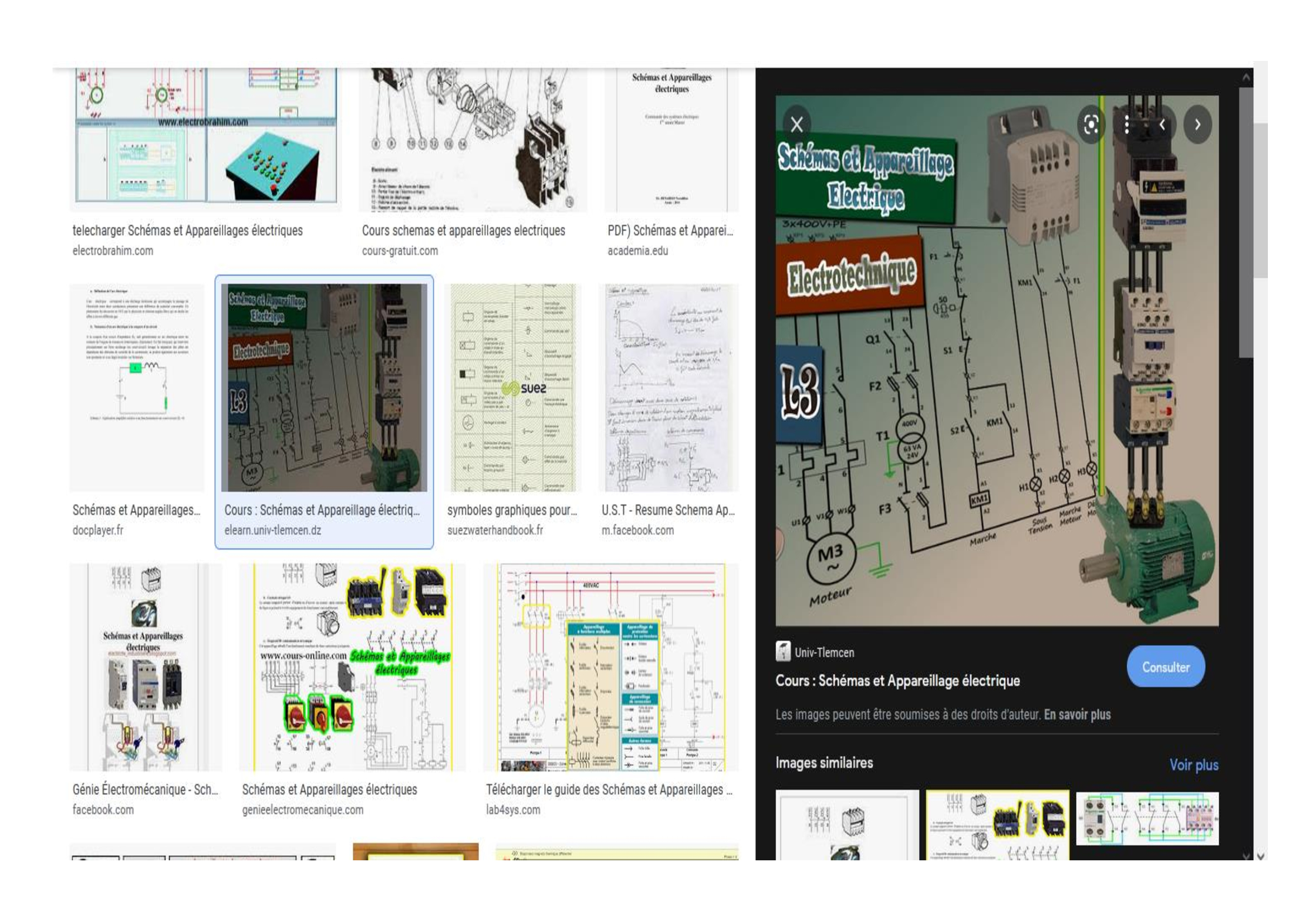Licence 03
Faire découvrir à l'étudiant d’autres fonctions principales de l’électronique. Cette matière associée à ‘’Fonctions de l’électronique’’ (semestre 5) et ‘’Electronique fondamentale 2’’ (semestre 4) constituent une entité dont le contenu global confère à l’étudiant la capacité d’analyse du fonctionnement d'un système électronique analogique aussi complexe soit-il rien qu’à l’examen de son schéma détaillé figurant sur la notice du fabricant.
- Teacher: GUIZA DHAOUADI
🔹 Course Summary – Sampled Control Systems
This course focuses on the analysis and design of control systems that operate in discrete time, where analog signals are sampled, digitally processed, and converted back to control actions. It introduces fundamental concepts such as signal sampling, discrete-time modeling, Z-transform, and the effects of sampling on system stability and performance.
Through theoretical foundations and practical examples, students will explore how to:
-
Model continuous systems in discrete time,
-
Use the Z-transform to analyze system behavior,
-
Design digital controllers (such as PID in discrete form),
-
Assess system stability using discrete-time criteria (e.g., Jury test),
-
Simulate and implement sampled control systems in real-time environments.
By the end of the course, students will be able to apply discrete-time control techniques to modern embedded and automated systems.
- Teacher: DJEDDI ABDELGHANI

